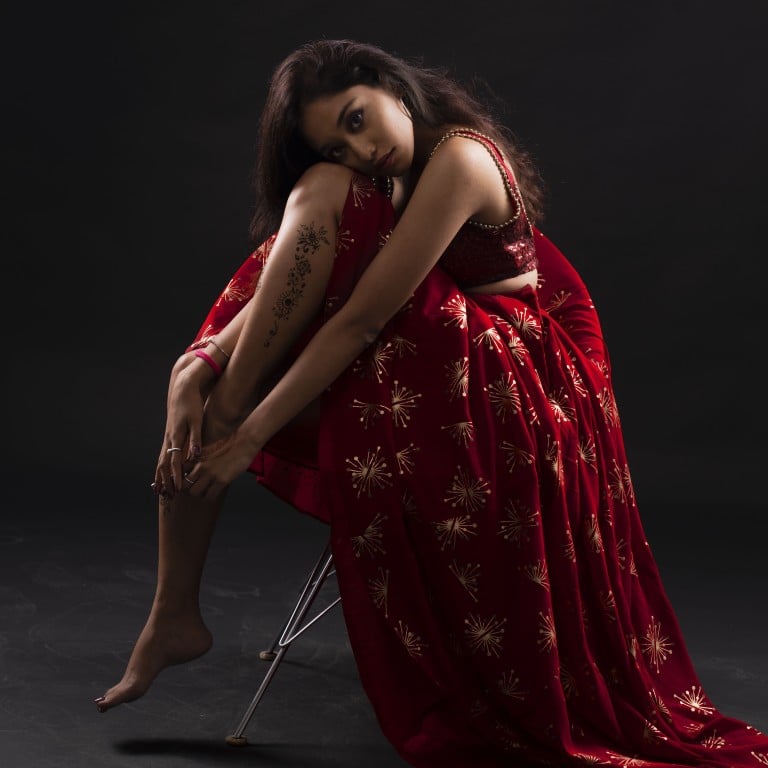
Women defying society’s unrealistic beauty standards are raising awareness of mental health issues that can arise
- A Hong Kong non-profit that highlights the obstacles women of colour face will host an exhibition tonight highlighting unrealistic beauty standards
- Showcasing art and dance around the theme of body appreciation, it will also draw attention to the mental issues that such beauty standards can trigger
Bidhya Shrestha says her insecurities about being dark skinned were shaped by the society she grew up in.
Born in Hong Kong of Nepalese descent, she says pressure from her family to meet unrealistic beauty standards also didn’t help.
“My insecurities stem from those remarks and from the lack of representation of women of colour in the media and the beauty industry that promote light-skinned models. Look at Hong Kong – it’s a culturally diverse city, but how often do we see a dark-skinned model in the media?”
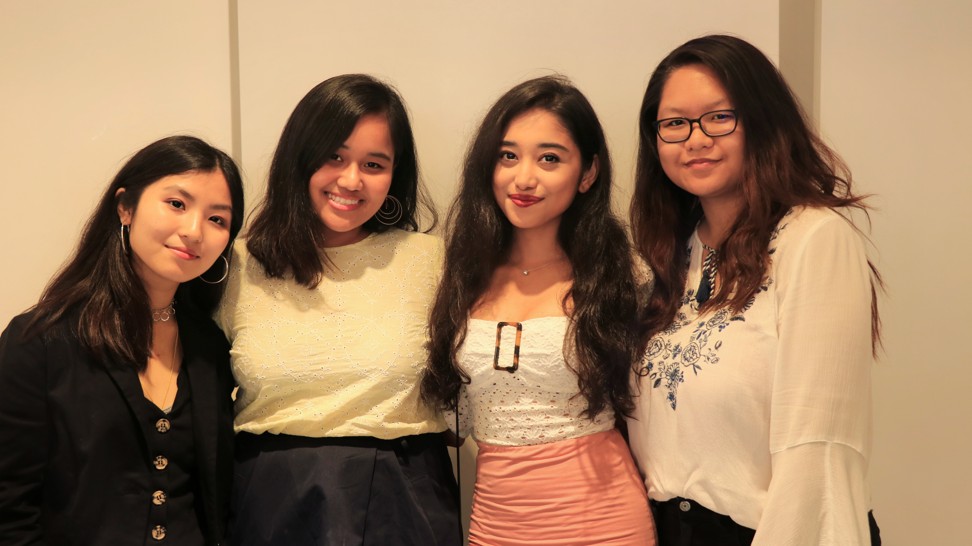
Aama Ko Koseli is hosting “Beyond Body”, an exhibition that aims to turn this notion of what society considers acceptable beauty standards on its head. Tonight’s exhibition at MakerHive in Kennedy Town showcases art and dance around the theme of body appreciation and includes videos of models inclusive of race, sexual orientation and bodies.
“Hong Kong is rich in diversity but this is not reflected in its media. It’s a problem that can lead to a raft of mental health issues from depression to low self-esteem and eating disorders,” Shrestha says.
Anorexia: the mental illness people in Asia don’t talk about
When she was 12, her mother put her on a diet of weight-loss pills – three a day – and low-calorie instant packet meals.
“I had no idea what they contained, but I felt full, but was so sick of what I was eating. To be honest, my memories from that time are really vague. My mum worked and networked in the ’60s. During that time people thought if you were pretty, you would be successful. Beauty standards equalled capitalism … my poor relationships with my family fed my bad relationship with food.”
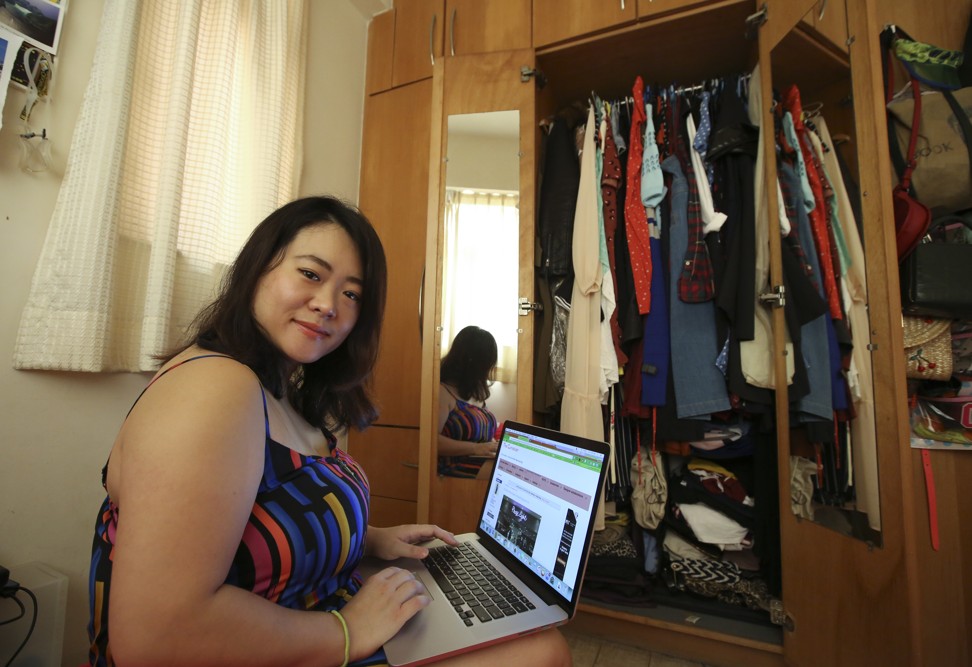
Over the next 10 years, Chan struggled with eating disorders from binge eating and anorexia, a condition characterised by an intense fear of gaining weight and a distorted perception of weight that resulted in her being hospitalised for two weeks after she shed 30 pounds (13.6kg) in just three months.
“It was a manic episode,” she says. “I was hooked up to an IV drip and was suffering fever and pain. That is what happens when you eat only one orange a day – my immune system was compromised and I was suffering from anorexia.
“When you think of anorexia, you picture super-skinny people. I weighed 69kg,” she says, adding that she had surgery for inflammation of the gut while in hospital.
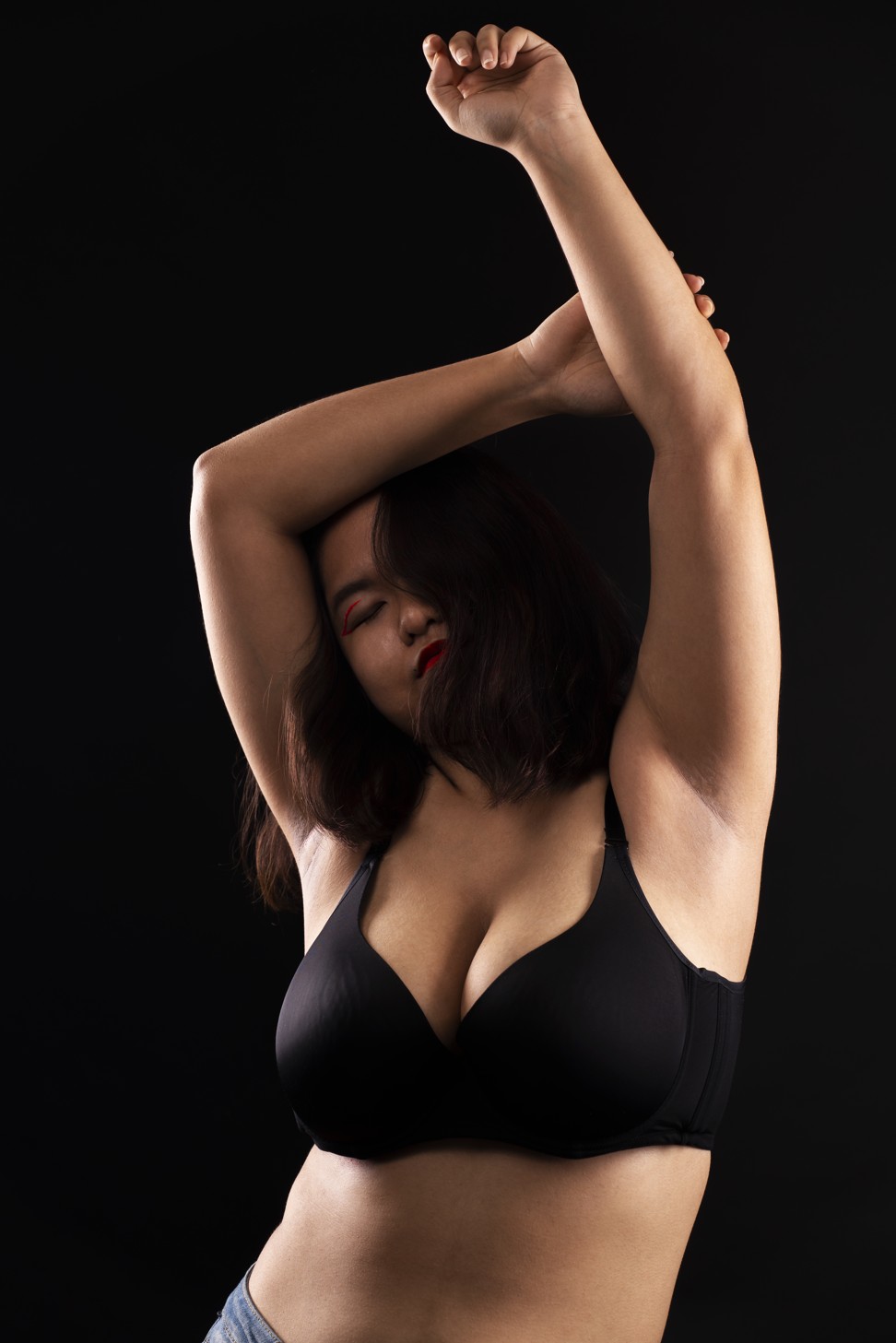
Ironically, family and friends kept saying how great she looked. “I was in a hospital bed suffering anorexia and all they did was compliment me on how much prettier I looked with less weight.”
Today, Chan helps others to feel comfortable in their own skin. She is the founder of Curvasian, a site that offers advice on fashion, in particular where to buy plus-size clothing. Social media has become an important tool for Chan to raise awareness about body positivity.
The role that platforms such as Instagram play in feeding women’s insecurities can’t be ignored.
Chan agrees. “In Hong Kong, in the local culture, people don’t talk about body positivity. There’s not even a word for it. Many people still correlate being skinny with being healthy.”
In 2007, researchers in Hong Kong found that 3.9 per cent of the city’s adolescent boys and 6.5 per cent of adolescent girls had experience of eating disorders. Another study that year found about one in five secondary school students aged 12 to 18 were at risk of disordered eating – 26.6 per cent of girls surveyed, and 18.5 per cent of boys.
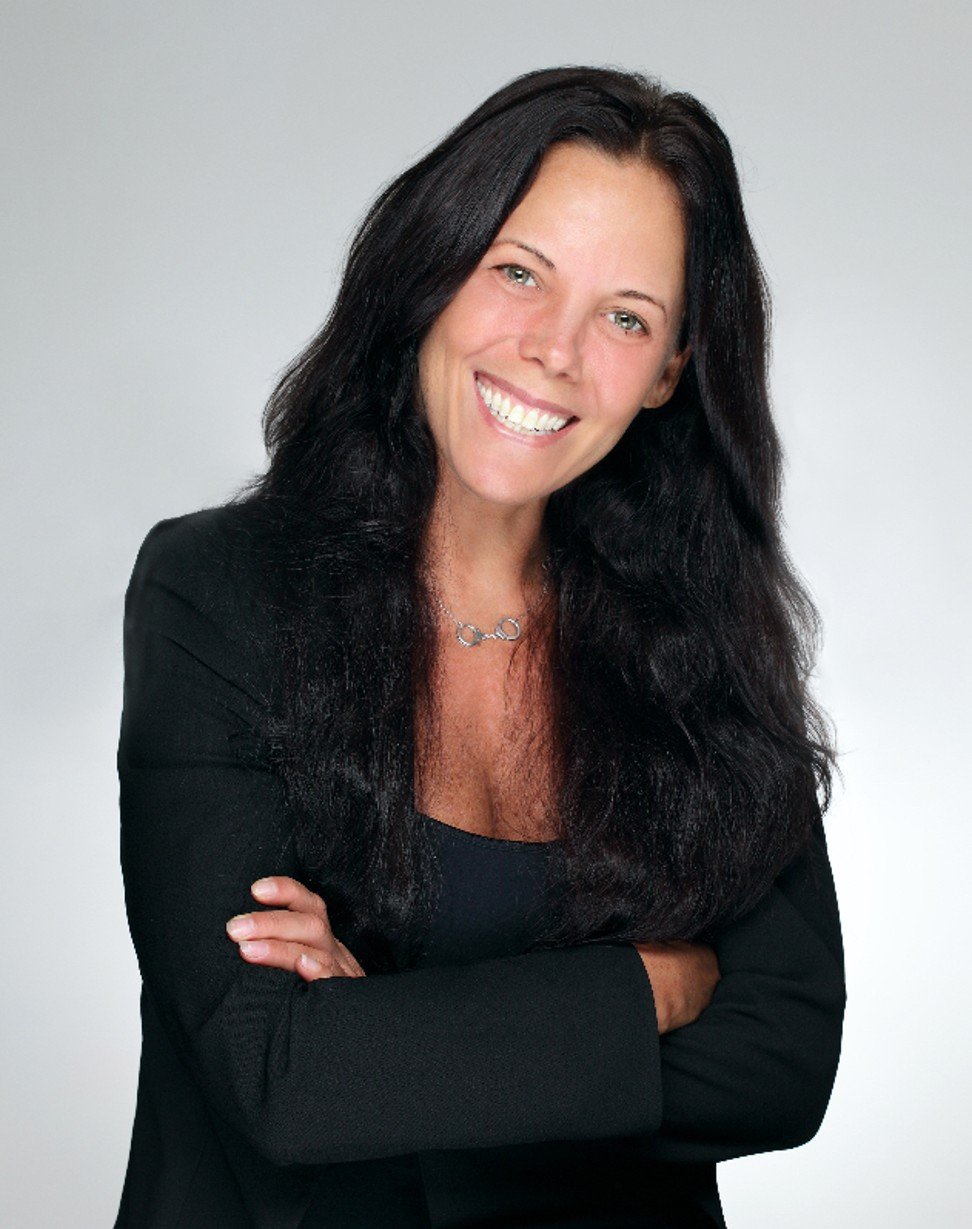
A review of studies released last year found the prevalence of eating disorders had more than doubled worldwide between 2000 and 2018, rising from 3.5 per cent to 7.8 per cent.
Tüscher says social media influencers added to young girls’ anxiety and their devalued self worth.
“Women with no professional expertise are dishing out health and weight advice, and young girls are lapping it up. The whole industry needs regulating,” she says. “We did some research in China and found some girls on Instagram and YouTube were inducing vomiting to keep their ‘ideal’ weight. Kids are watching and absorbing what they say, but are unaware of the full story behind the often over-altered images.”
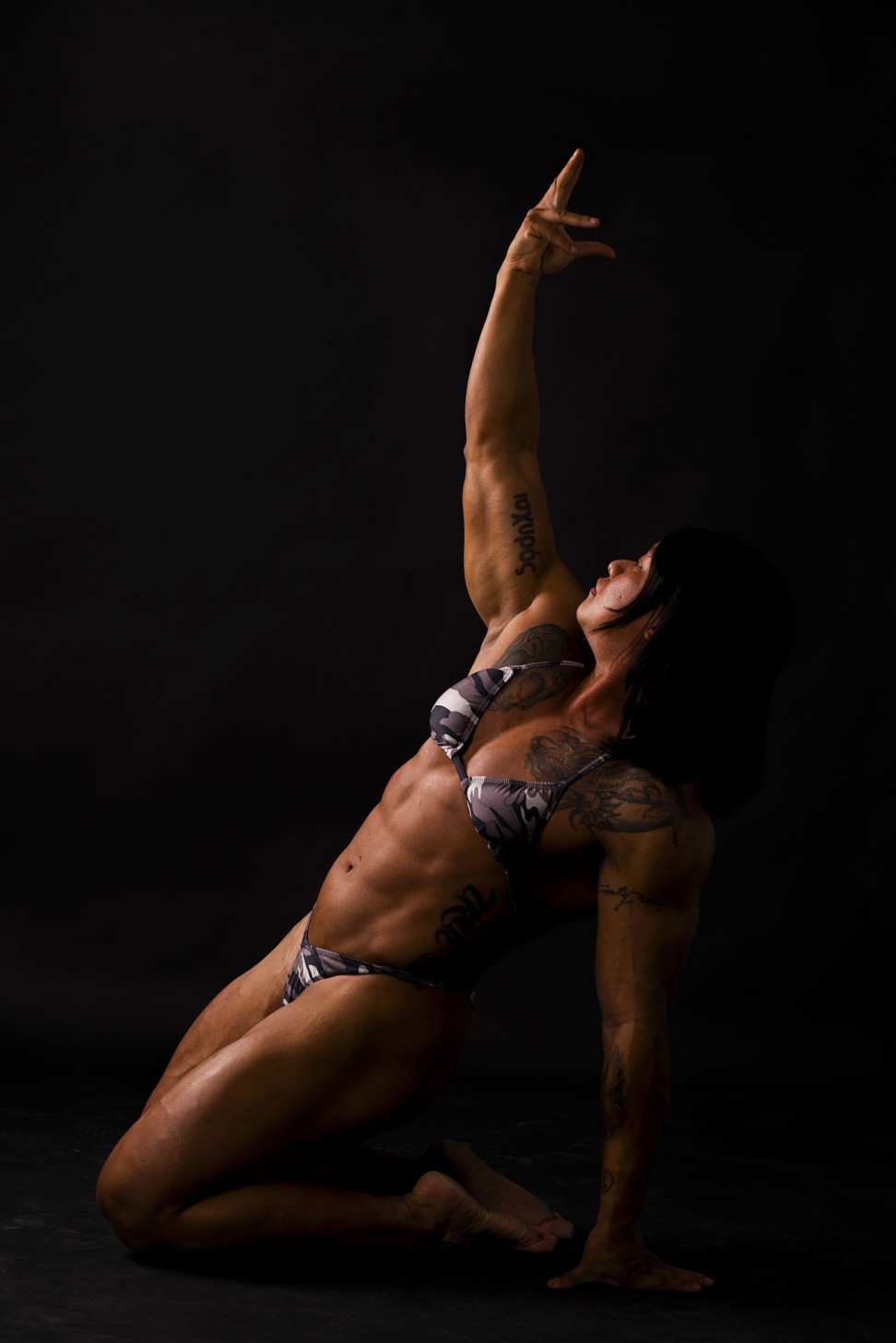
The survey of 1,010 women found about 10 per cent in the 16-to-24-year age group attributed their negative feelings to social media, while 31 per cent said it was due to friends and 28 per cent pointed to health. For older women, only 5 per cent cited social media, 18 per cent said friends, and 40 per cent named health as an issue.

